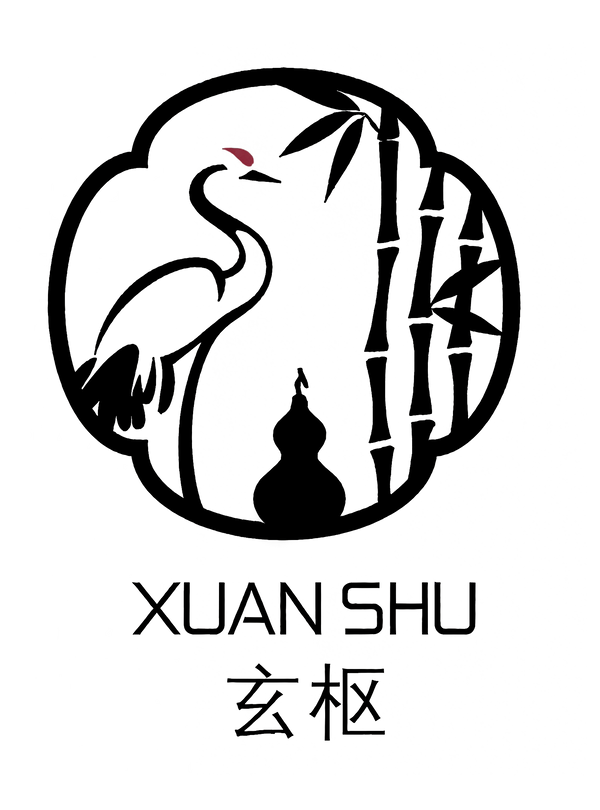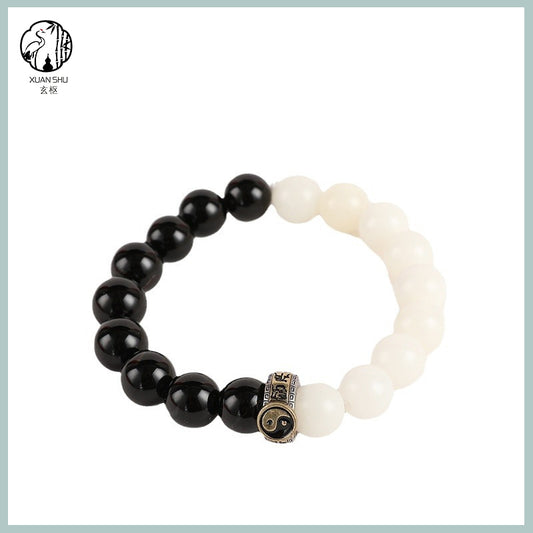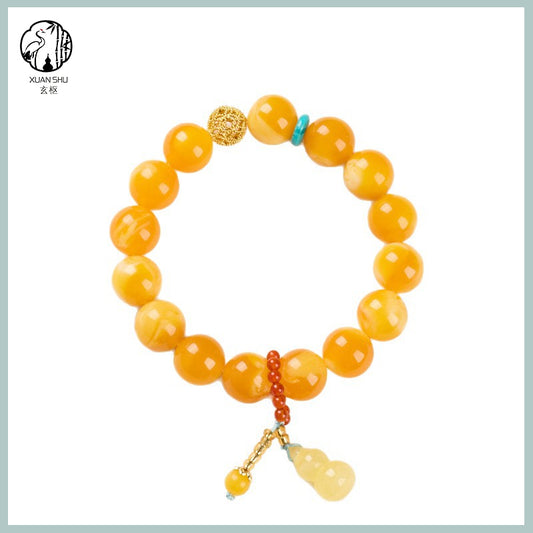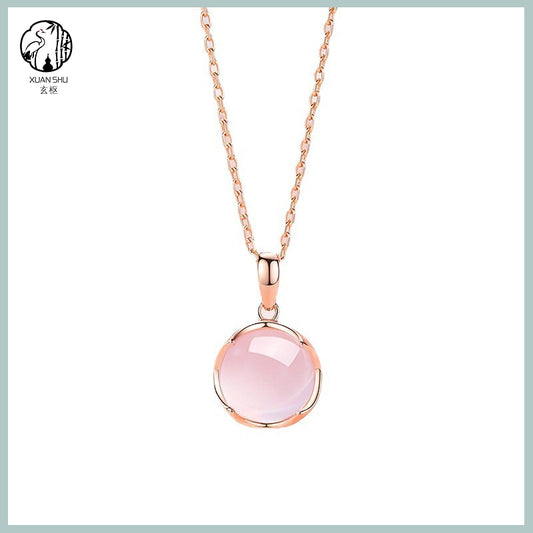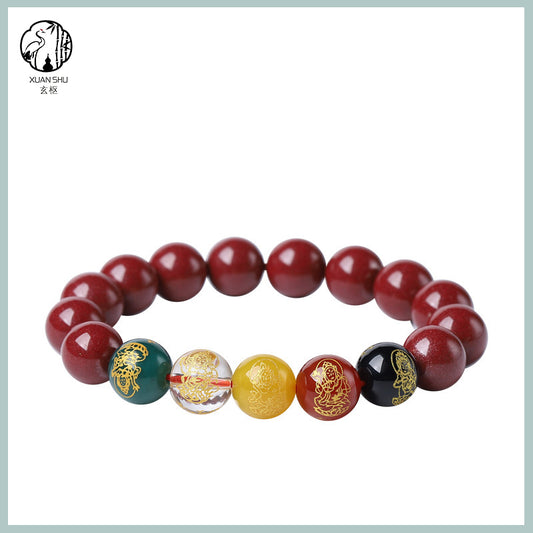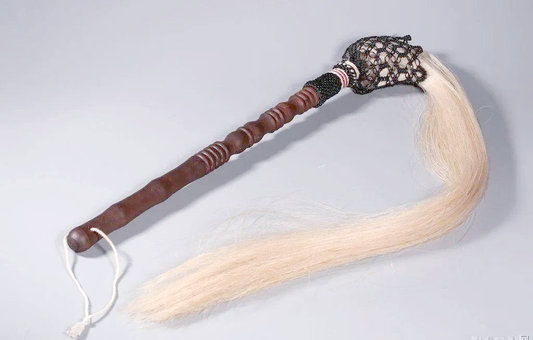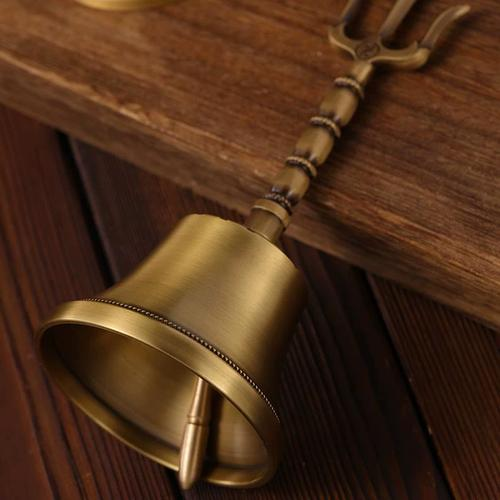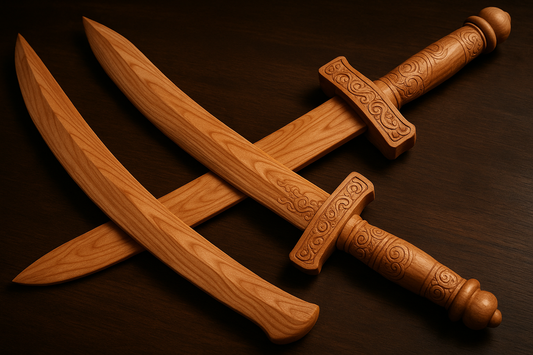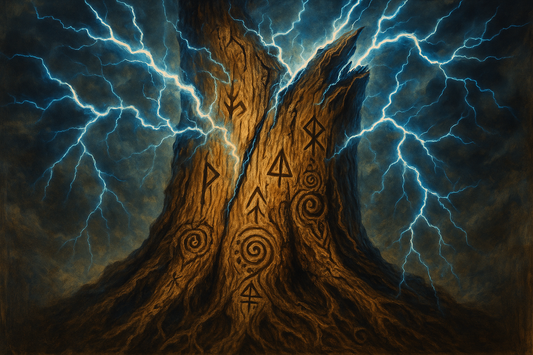What Does Pixiu Symbolize?
In traditional Chinese culture, the Pixiu (pí xiū) is a legendary auspicious creature renowned for its mystical powers. Since ancient times, it has been regarded as a powerful symbol of wealth attraction, good fortune, and protection against evil. Whether among wealthy merchants, refined scholars, or ordinary households, people have placed great hopes in the Pixiu, believing it can bring prosperity and luck. But what makes the Pixiu truly unique? What are its cultural connotations and how is it applied in the modern world?

Origins and Legends of the Pixiu
The Pixiu first appeared in ancient Chinese texts such as the Classic of Mountains and Seas (Shan Hai Jing) and Records of the Grand Historian (Shiji). It is said to be the ninth son of the Dragon, with the appearance of a lion or tiger—often depicted with one or two horns, covered in scales, and exuding a fierce and majestic aura.
There are several popular legends surrounding its origin:
Heavenly Guardian: According to legend, Pixiu once served as a guardian beast in the Heavenly Court. After violating celestial laws, it was punished with the trait of "only taking in, not letting out"—a characteristic that later made it a symbol of wealth accumulation.
Mount of the Yellow Emperor: Shiji records suggest that the Yellow Emperor tamed a Pixiu for battle. Due to its unmatched bravery and strength, it became a symbol of victory and power in later generations.
Treasure-Gathering Beast: During the Ming and Qing dynasties, the Pixiu became widely used in Feng Shui practices. People believed it could absorb wealth from all directions and protect the household, bringing peace and prosperity.
Symbolic Meaning of the Pixiu
The cultural symbolism of the Pixiu is rich and multifaceted, primarily reflected in the following aspects:
1. Attracting Wealth and Retaining Prosperity
The most well-known meaning of the Pixiu is its trait of "only ingesting, never expelling" wealth, as it is said to have no anus. This symbolizes gathering wealth without losing it. Business owners often place Pixiu statues in shops or offices to pray for prosperity and abundant income.
2. Warding Off Evil and Ensuring Safety
With its fierce and powerful appearance, the Pixiu is believed to repel evil spirits and deflect negative energies. In ancient times, nobles and officials often wore jade Pixiu pendants or placed Pixiu figures in their homes to protect their households and maintain peace.
3. Career Advancement and Official Success
The word “貔” is phonetically similar to “辟,” meaning to ward off misfortune or open paths. Ancient officials believed that wearing a Pixiu could support a smooth official career. Today, many professionals view the Pixiu as a Feng Shui talisman for career success and promotion.
4. Reversing Bad Luck and Inviting Blessings
Regarded as an auspicious creature, the Pixiu is believed to turn misfortune into good luck and bring blessings and favorable outcomes. During traditional festivals or important occasions, Pixiu-themed gifts are often exchanged to express good wishes and convey positive energy.
Guidelines for Wearing and Placing the Pixiu
Although the Pixiu is an auspicious creature, there are specific customs and taboos regarding its wearing and placement to fully harness its spiritual power:
How to Wear It
Bracelets/Pendants: Typically worn on the left hand, which is traditionally considered the “wealth-receiving hand.” The Pixiu’s head should face outward to attract wealth from the outside world.
Material Selection: Different materials serve different purposes—yellow jade is believed to attract unexpected wealth, obsidian wards off evil, and jadeite enhances steady financial growth.
Placement Taboos
Direction: When placing a Pixiu at home or in the office, its head should face the main entrance or a window, symbolizing the welcoming of wealth.
Avoidances: Do not touch the Pixiu's mouth or eyes, as this may diminish its spiritual energy. Also, avoid placing it near bedrooms or bathrooms, as these are considered inappropriate spaces for such a sacred creature.

Modern Applications of the Pixiu in Contemporary Culture
Today, the Pixiu is no longer just a symbol of traditional belief—it has become a fusion of fashion, spirituality, and cultural identity:
Finance Industry: Many banks and stock exchanges display Pixiu statues to symbolize abundant and continuous wealth.
Jewelry Design: Pixiu-themed accessories made from gold, jade, and other precious stones are highly popular. They serve both as protective talismans and fashion statements.
Film and Gaming: The Pixiu often appears as a mystical element in works such as Candle in the Tomb and Chinese Paladin, adding a touch of Eastern fantasy and mythology.
The Sacred Status of Pixiu in Taoism
In Taoist belief, the Pixiu is far more than a symbol of wealth—it is a sacred spiritual beast entrusted with the roles of warding off evil, gathering vital energy (qi), and acting as a celestial guardian. According to the Taoist classic The Supreme Cavernous Spiritual Treasures of the Three Caverns (Taishang Dongxuan Lingbao Sandong Jing), the Pixiu is one of the “Five Directional Spiritual Beasts”, appointed by the Jade Emperor to guard the Heavenly Treasury and to expel demons and bind malevolent spirits.
In the Zhengyi (Orthodox Unity) Taoist tradition, legend holds that Pixiu was the celestial mount of Zhang Daoling, the founder of the Taoist priesthood. It assisted him in subduing demons and exorcising evil, earning its place within the Thunder Magic (Leifa) system as a powerful spirit beast used in talismans and exorcism rituals.
Taoism teaches that a non-consecrated Pixiu is merely an ordinary object. To awaken its spiritual power, it must undergo a ritual consecration (kaiguang) performed by a high-ranking Taoist priest using cinnabar, sacred talismans, and incantations to "open its orifices" and activate its spiritual energy. Once consecrated, the Pixiu is believed to devour negative energy (sha qi), purify cultivation spaces, and assist Taoist practitioners in spirit refinement and energy alchemy.
In temple architecture, Pixiu statues are often arranged with stone lions and qilins to form a “Trinity of Celestial Guardians” that protect temple gates and halls. Its image is also frequently incorporated into household protection talismans and Five Thunder Talismans, enhancing the potency of magical rites.
In Taoist wealth-invoking rituals, the Pixiu plays a central role and is regarded as the “Treasure-Summoning Emissary” of Zhao Gongming, the God of Wealth. During “Opening the Heavenly Treasury” ceremonies, a Pixiu treasure bowl is often used to symbolize the unsealing of the heavenly vault and the flowing of abundant wealth. Its placement is also guided by Five Element (Wu Xing) principles:
- Metal Pixiu should be placed in the west (Dui trigram) to attract wealth.
- Jade Pixiu is suited for the northeast (Gen trigram) to guard resources.It must not be placed in bedrooms or bathrooms, as these are seen as impure locations.
Unlike folk practices that emphasize personal gain, Taoist teachings stress “harnessing wealth through the Dao,” requiring practitioners to observe ritual purity, Five Element alignment, and moral discipline. Even today, at temples such as City God Temples or Wong Tai Sin Temples, devotees can request Taoist priests to consecrate Pixiu talismans, continuing an ancient tradition that blends sacred beast worship, thunder magic, and spiritual cultivation—a profound expression of Taoism’s unique trinity of sacred beasts, talismans, and self-cultivation.
Conclusion
As a researcher of traditional Chinese culture, I am deeply moved by the enduring charm that the Pixiu has carried through the millennia. In my view, it is not merely a symbol of wealth, but a spiritual totem that embodies the Chinese people's timeless pursuit of peace, protection, and happiness. Whenever I see people reverently placing Pixiu figurines or carefully wearing Pixiu accessories, I can feel the sincere hopes and blessings entrusted to this sacred creature.
In our fast-paced modern world, I am pleasantly surprised to see the vitality of Pixiu culture still shining brightly. Whether it’s the Pixiu statues placed in financial institutions or the trendy Pixiu jewelry worn by the younger generation, they all reflect the modern resonance of this ancient symbol. As someone devoted to cultural preservation, I feel genuinely heartened that the Pixiu continues to serve as a bridge connecting the past and the present.
To me, the enduring appeal of Pixiu culture perfectly reflects the resilience and adaptability of Chinese civilization. It reminds us that outstanding traditions will always find ways to integrate with modern life and continue to nourish the spiritual world of contemporary people. This gives me great confidence in the ongoing transmission and evolution of our traditional culture.
